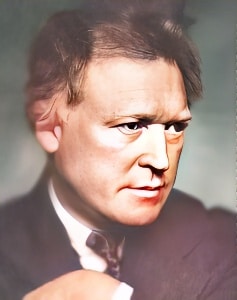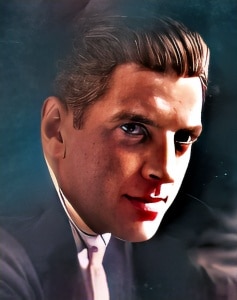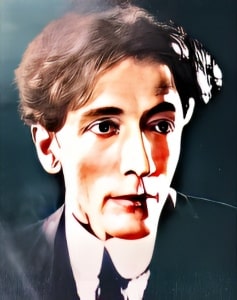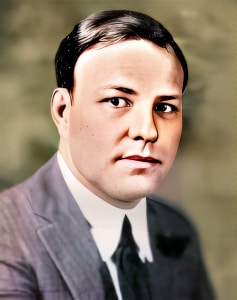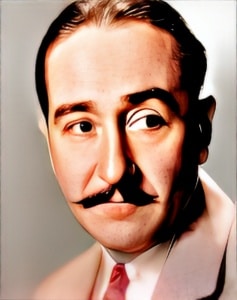 Adolphe Menjou (1890-1963) was a prominent American actor known for his distinguished career in both silent and sound films.
Adolphe Menjou (1890-1963) was a prominent American actor known for his distinguished career in both silent and sound films.
Born on February 18, 1890, in Pittsburgh, Pennsylvania, Menjou became a suave and sophisticated leading man, celebrated for his distinctive mustache and debonair persona. His career spanned several decades and left an indelible mark on the history of American cinema.
Menjou’s early years in the entertainment industry included work as a pianist and singer in vaudeville. However, he soon transitioned to acting in silent films. His dashing good looks, impeccable style, and undeniable charm made him a natural fit for leading roles in the burgeoning film industry.
One of his earliest film appearances was in the silent drama “The Blue Envelope Mystery” (1916). While Menjou began his career in a variety of roles, it was his performances in romantic comedies that catapulted him to stardom during the 1920s.
Throughout the silent film era, Menjou appeared in numerous films, becoming a prominent figure in Hollywood. His comedic timing and expressive face allowed him to excel in comedies, and he frequently played the sophisticated, well-dressed leading man who found himself in amusing and sometimes outrageous situations.
One of his iconic roles during the silent era was in the romantic comedy “A Woman of Paris” (1923), directed by Charlie Chaplin. This film was a departure from Chaplin’s typical slapstick comedy and allowed Menjou to showcase his dramatic talents. His performance earned critical acclaim and marked a turning point in his career.
With the transition to sound films, Menjou’s distinctive voice and acting skills ensured that he remained a sought-after leading man. His work in early sound comedies, including “His Captive Woman” (1929) and “The Easiest Way” (1931), demonstrated his ability to adapt to the new medium and retain his popularity with audiences.
During the 1930s, Menjou’s career continued to flourish. He appeared in the classic romantic comedy “Morning Glory” (1933), starring Katharine Hepburn, and his role as a theater producer earned him an Academy Award nomination for Best Actor in a Supporting Role. He also played the suave lawyer Walter Burns in “The Front Page” (1931), which showcased his adeptness in fast-paced comedies.
One of Menjou’s most iconic roles was in Ernst Lubitsch’s “The Love Parade” (1929), a musical comedy in which he played the suave Count Alfred Renard. The film was a major success and solidified his status as a leading man in the early sound era.
During his career, Menjou appeared in a wide range of genres, from dramas to musicals, but he is best remembered for his work in sophisticated comedies. His trademark mustache, impeccable attire, and urbanity contributed to his image as a debonair leading man.
In the later years of his career, Menjou transitioned to character roles. He continued to work in both film and television, maintaining his status as a respected and enduring figure in the entertainment industry.
Adolphe Menjou’s career spanned several decades, and his contributions to American cinema are celebrated to this day. He was known for his elegance, versatility, and enduring popularity with audiences. He passed away on October 29, 1963, leaving behind a legacy of timeless performances in both silent and sound films.
Loading live eBay listings...

